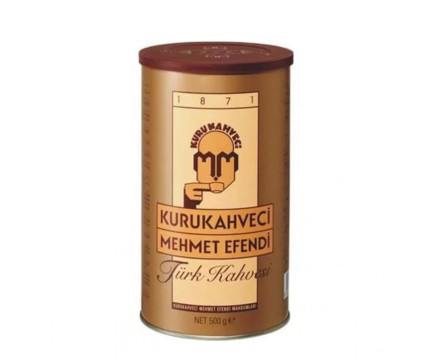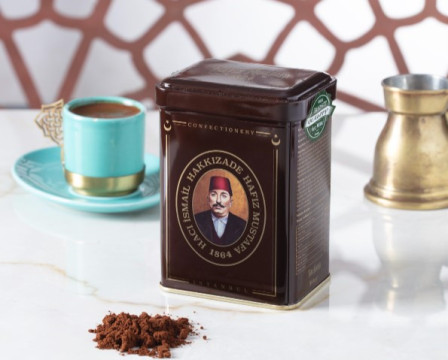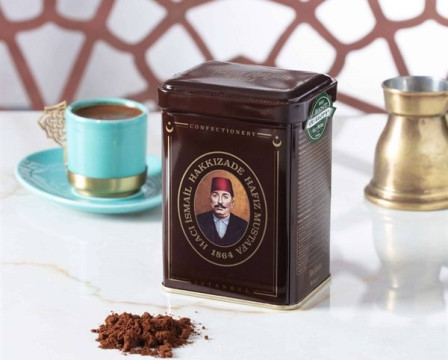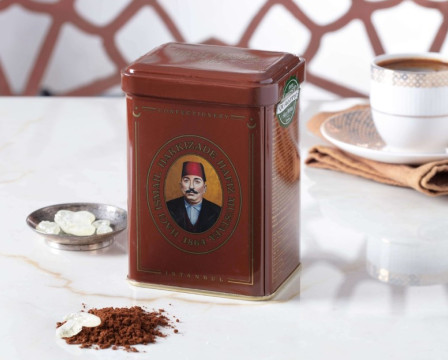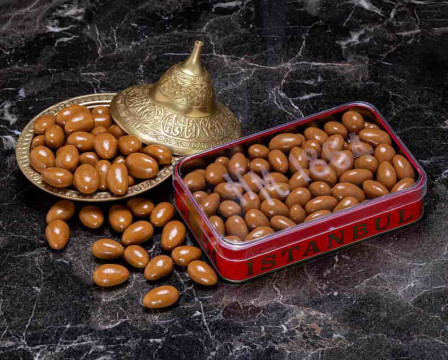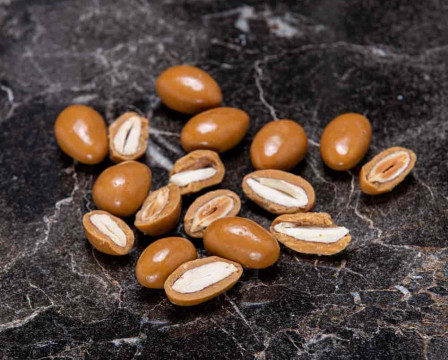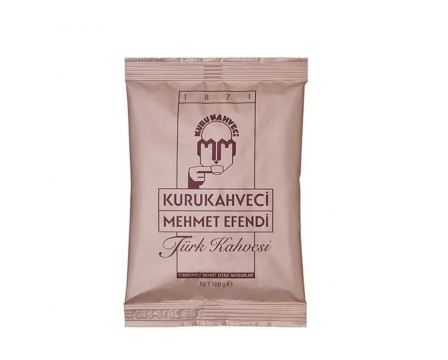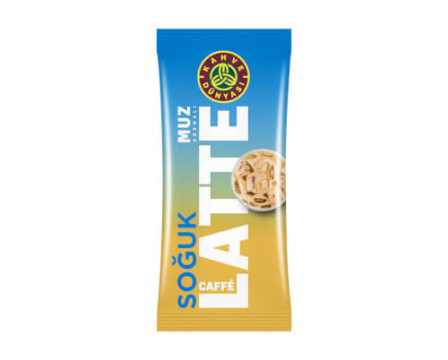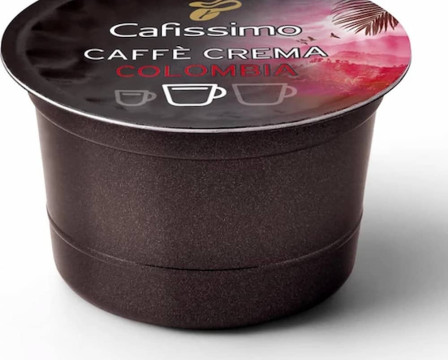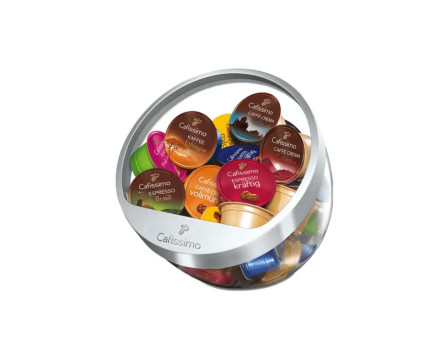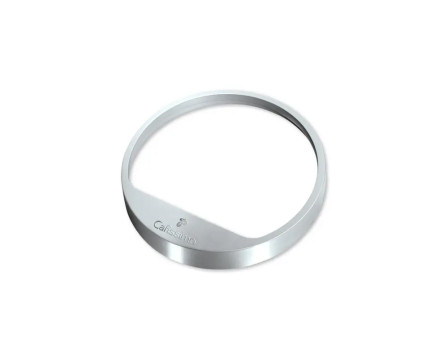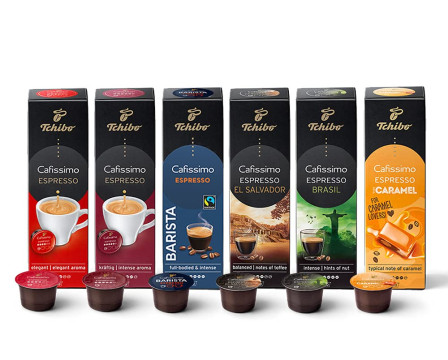Having Turkish Coffee is a Healthy Lifestyle
Coffee is the second largest consumed drink in the world after water. Many people can’t do anything before having one cup at least of coffee in the morning. The appetizing smell of coffee is the most energizing and activating stimulus factor amongst all.
Mr. Peter Kistler, one of the scientists supervising a study on people who have coffee in UK says: “Having grinded or decaffeinated coffee moderately may be considered a healthy lifestyle”.
Having Turkish coffee moderately increases once activity. Turkish coffee is abundant of Vitamin B2, potassium and magnesium. It has also got high percentage of antioxidants.
History of Turkish Coffee
The first appearance of a Turkish coffee “Cezve” was in the days of the Ottoman Empire in the era of Sultan Suleiman Al Qanuni where the Yemen governor Ozdemir Pasha visited him bringing along the coffee. Residents of the palace admired it too much. Later on they started preparing and introducing the same to the visitors. The position of a “coffee maker” was created to take care of and supervise of all matters related to the coffee of the Sultan.
Coffee was introduced to the public and got attached to in social occasions. It thus became a part of the Turkish culture. The first public place for coffee in Istanbul was opened by one of the Ottomans of the Jewish community.
Nowadays, Turkish coffee takes the pride of place as it is exported to many countries of the world. The famous brands of which are, recently, Dünyası and Mehmet Efendi coffee.
You can obtain all Turkish coffee products from Sweet Saray Store, the first store specialized in Turkish sweets and products.
Coffee Types
Turkish coffee types are so many and they differ only in the ways of preparation and processing, yet the benefits thereof do not similarly differ according to types. Scientific studies reported 120 types of coffee. The most famous of which are:
- Arabica of Arabic coffee: the most widespread of all in the world. It initiated from Ethiopia and accounts for 80% of the overall world production.
- Robusta coffee: best-selling in the market due to its cheap price. The origin of which is in Africa, yet it’s now grown in many countries. Robusta contains a higher amount of caffeine and tastes more bitter than Arabic coffee.
- Turkish or Sweet Coffee: a way of preparing coffee emerged in the Middle East in countries like Turkey, Greece, and Iran. Being unfiltered, caffeine concentration is higher in it compared to anther types.
- Decaffeinated coffee: a coffee made of ordinary coffee beans after removing 97% of caffeine and prior to processing and roasting of beans. Caffeine is removed in many ways, yet the benefits of coffee is not compromised in the process; the color may change and the taste is less tense; this might be suitable for those unable to stand the bitterness of coffee of those who are caffeine allergic.
Facts About Turkish Coffee:
- Coffee is the second commodity worldwide in selling and purchasing transactions, in terms of value, after oil.
- According to many studies, having coffee is more effective between nine and eleven in the morning.
- Having one cup of coffee daily improves blood circulation enormously.
- New Yorkers are the biggest consumers of coffee with an average of seven cups a day.
- One of the most famous brands global-wise is made of elephants’ dungs in Thailand.
How To makeTurkish Coffee
Preparing Turkish coffee is very simple. Do it as follows:
- Mix water, sugar, and coffee in the Cezve, using a spoon, stir well;
- Put the Cezve on a low fire without stirring;
- Foam will start to form after a while;
- Lift the Cezve off fire before the mixture starts to boil;
- Distribute coffee foam on coffee cups then put Cezve again on fire;
- Let the coffee heat again; and finally
- Pour coffee gently so as not to lose the desired foam.
Coffee Benefits
- Enhances brain activity being rich of caffeine substance.
- Prevents Type II diabetes.
- Reduces the possibility of having gallstones.
- Reduces the risk of developing Alzheimer disease.
- Reduces the risk of developing Parkinson disease.
- Improves the temper.
- Reduces feelings of depression.
- Minimizes the risk of developing some types of cancer like: liver, colon and rectum, kidney, and breast cancers.
Turkish Coffee Benefits
Turkish coffee is distinctive for:
- Its ability to improve the physical performance due to the abundance of caffeine contained therein;
- It contains higher levels of beneficial substances, being unfiltered, such as: chlorogenic acids that bestow health benefits such as alleviating inflammations and controlling blood sugar levels; and
- Turkish coffee contains diterpenoids that prevent infections and enhance heart health.
Disadvantages Of Having A Lot Of Coffee
- Anxiety and tension for some people.
- Insomnia and falling asleep problems.
- Heartburn for coffee-allergic people.
- Exacerbation of Gastroesophageal reflux disease.
- Teeth pigmentation of yellow color
- Coffee addiction
Cases in Which Doctors Advise Not to Have Too Much Coffee
- Patients with pressure and cholesterol.
- Patients with stomach ulcer.
- Anxiety and insomnia problems.
- Pregnant women.
- Women in menopause period and patients with osteoporosis are advised to have coffee moderately.
Turkish Coffee Nutritional Value
Coffee is rich of nutritional components. Some of these are:
- Caffeine: coffee is a rich natural resource of caffeine responsible for the increase of brain activity and energy levels.
- Theobromine
- Theophylline
- Large amounts of antioxidants
- A source of Vitamins B1, B2, B3, and B5
- Reasonable amounts of minerals such as: potassium, magnesium, phosphorus, and manganese.
- Polyphenol compounds such as: chlorogenic, ferulic, caffeic, and cinnamic acids, kaempferol, quercetin, nicotinic acid, trigonelline, quinolinic, tannic, and pyrogallic acids.
Turkish Coffee Calories:
Nutritional value per 100 ml of Turkish coffee:
- Calories: 2 calories
- Calcium: 5 mg
- Sodium: 115 mg
- Potassium: 116 mg
- Magnesium: 7 mg
- Phosphorus: 7 mg
- Folate: 5 mcg
- Vitamin B12: 0.2 mg.
Where To Find best Turkish Coffee?
Turkish coffee selling shops are available in almost every street in Turkey. The best commercial brands of which nowadays are kahve Dünyası , Hafiz Mustafa coffee and Mehmet Efendi coffee. Customers who would like to enjoy the luxurious taste of Turkish coffee can contact Sweet Saray Store, the no. 1 store, for the famous Turkish sweets and products, for shopping online.

